
Temuujin’s journey from a young boy born in 1162 to the great Chinggis Khaan is a story of resilience and triumph. Overcoming the betrayal of his clan, the loss of his father, and numerous other challenges, Temuujin united the Mongolian tribes. In 1206, he was proclaimed Chinggis Khaan, the universal ruler of a newly unified Mongol nation. His leadership not only led to vast military conquests but also established a codified legal system, the “Yassa,” fostering justice, tolerance, and order throughout his empire.
Chinggis Khaan’s early years were marked by hardship and perseverance. After his father’s untimely death, Temuujin faced betrayal from allies, captivity, and a struggle for survival. Despite these setbacks, he showed exceptional leadership qualities, gradually gathering loyal followers and forming powerful alliances.
Behind Chinggis Khaan’s success were key allies whose loyalty and strategic prowess were instrumental in the expansion of the Mongol Empire. Boorchu, Jelme, and Subotai, among others, supported him through thick and thin, forging alliances, subduing rivals, and laying the foundation for a unified Mongolia. Their contributions were crucial to Temuujin’s transformation into Chinggis Khaan.
Boorchu, one of Chinggis Khaan’s earliest companions, demonstrated unwavering loyalty, while Jelme’s courage and quick thinking saved Temuujin’s life on multiple occasions. Subotai, a brilliant military strategist, played a significant role in expanding the Mongol Empire’s territory, leading successful campaigns deep into Europe and Asia.
The Golden Lineage refers to the imperial family tree of Chinggis Khaan’s descendants, who carried forward his legacy by ruling various khanates and empires for centuries. His sons—Jochi, Chagatai, Ögedei, and Tolui—each received portions of the vast Mongol Empire and continued to expand its influence. The distribution of the empire among his sons ensured that Chinggis Khaan’s legacy would endure long after his death. Each son played a crucial role in maintaining and expanding the territories under their control, with their descendants continuing to influence the political landscape of Eurasia.
Chinggis Khaan’s four sons played significant roles in shaping the future of the Mongol Empire. Jochi established the Golden Horde, Chagatai led the Chagatai Khanate, Ögedei expanded the empire further as the Great Khaan, and Tolui’s descendants, including Kublai Khaan, founded the Yuan Dynasty in China. Each descendant added to the lasting legacy of Chinggis Khaan’s empire, ensuring its influence endured for generations. Kublai Khaan, Tolui’s grandson, was instrumental in establishing the Yuan Dynasty, uniting China under Mongol rule and promoting cultural exchange and economic prosperity. The Golden Horde, founded by Jochi, extended Mongol influence into Russia and Eastern Europe, while Chagatai’s descendants ruled Central Asia, maintaining stability and fostering trade along the Silk Road.

In his 1995 article for The Washington Post, Joel Achenbach proclaimed Chinggis Khaan as the “Man of the Millennium” for his unparalleled impact on world history. His legacy included not only military conquests but also fostering global connectivity and cultural exchange, helping bridge East and West centuries before modern globalization. Achenbach described Chinggis Khaan as a “doer” who transformed the world. He noted that Chinggis Khaan’s empire facilitated the movement of goods, ideas, and people across Eurasia, creating a vast network of trade routes and cultural exchange. This unprecedented connectivity helped lay the groundwork for the interconnected world we live in today.
“Chinggis Khaan reshaped the world through his conquests, bridging cultures and fostering trade networks that spanned continents.” His influence continues to shape modern society, demonstrating the far-reaching impact of his leadership and vision.